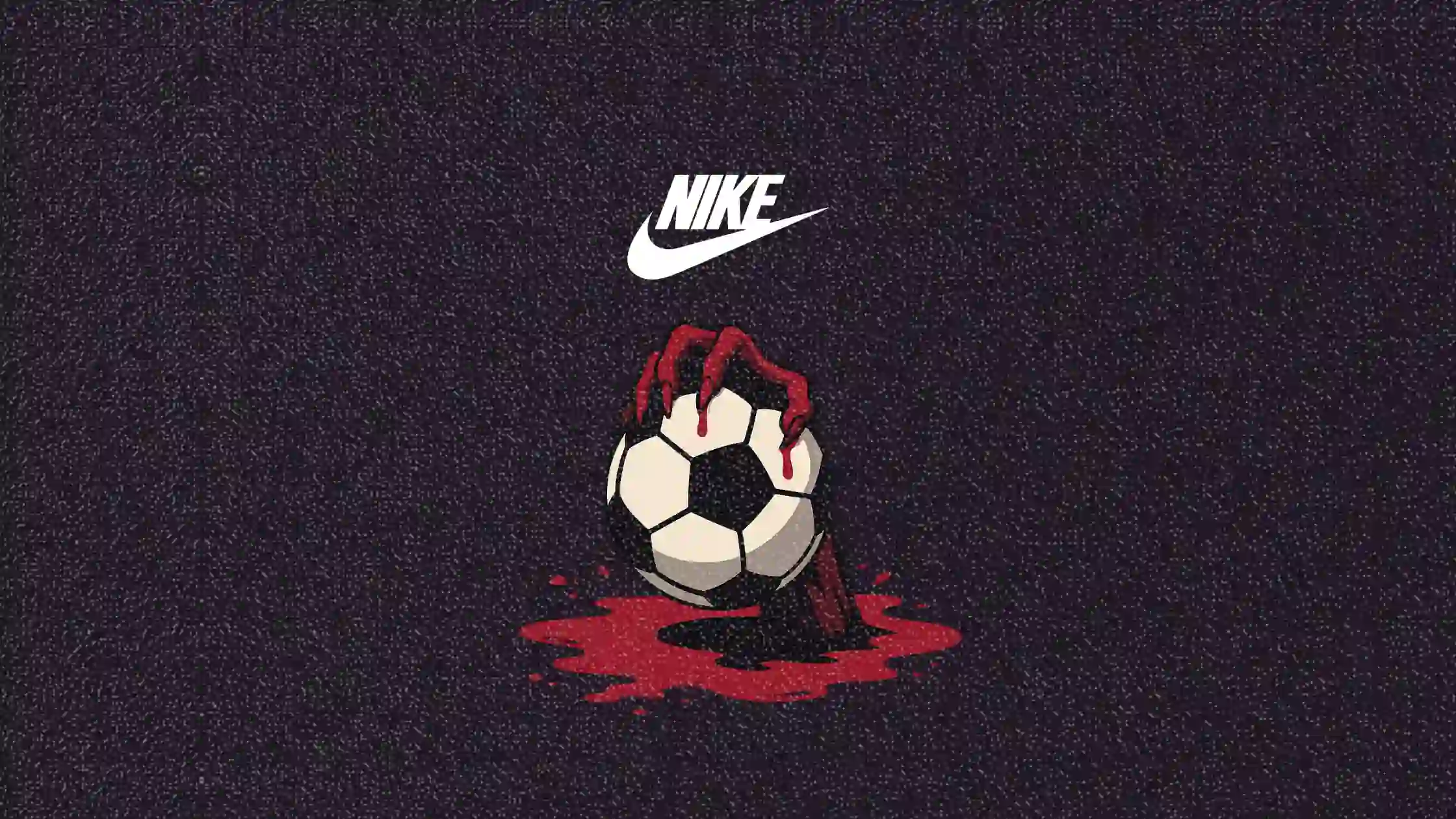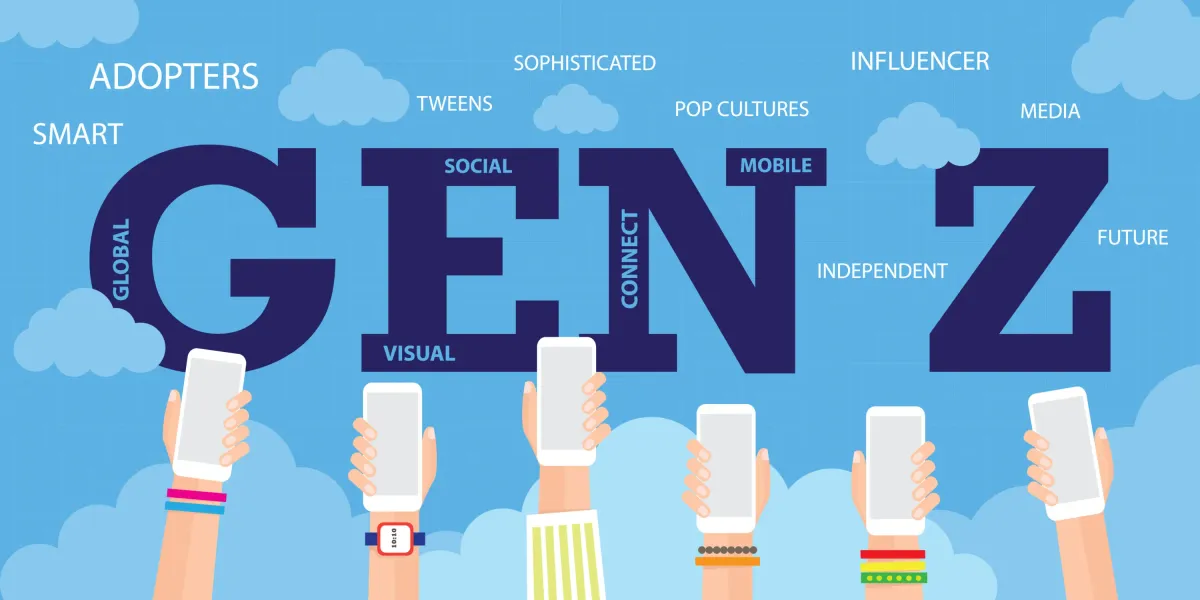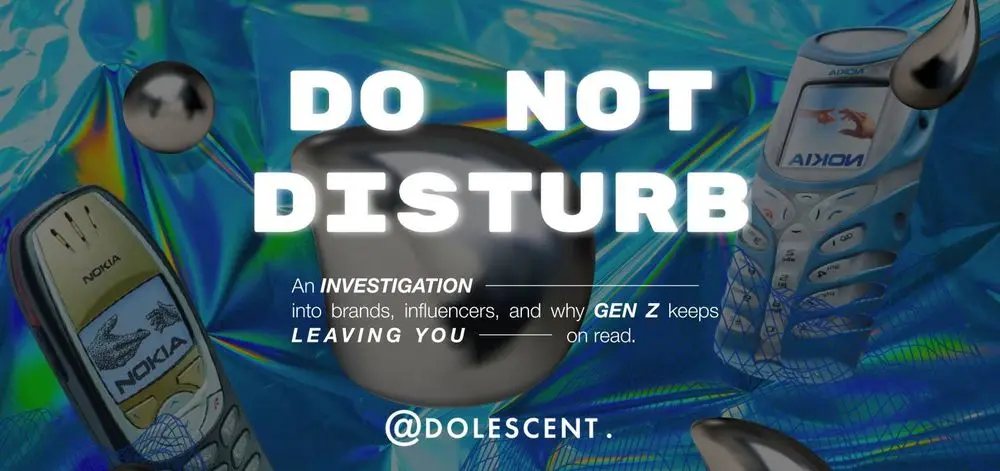Nike goes full horror to make football thrilling again
Nike’s new “SCARY GOOD” campaign brings horror tropes to the pitch—here’s how brands can learn from its bold creative reset

Nike Football has just pulled off a creative heel turn—and it’s blood-soaked, tongue-in-cheek, and unapologetically chaotic.
With its new global campaign “SCARY GOOD,” Nike isn’t just launching a product push—it’s staging a full-blown genre reboot of how football is portrayed.
This article explores the surreal brand identity shift, how Nike blends horror tropes with striker heroism, and what this creative pivot signals for marketers chasing cultural impact in sport and lifestyle categories.
Short on time?
Here’s a table of contents for quick access:
- What’s Nike’s “SCARY GOOD” campaign about?
- A satire-fueled manifesto, not just another brand story
- What marketers should know

What's Nike's "SCARY GOOD" campaign about?
At the core of “SCARY GOOD” is a rejection of what Nike calls “boring football.” Instead, it pays homage to direct, instinctive, and audacious play—anchored by a new generation of attacking talent. The campaign launch features a 60-second anthem-style montage and will eventually roll out nine satirical horror shorts.
The films parody late-night TV formats—from psychic hotlines to infomercials—and star football icons including Alexia Putellas, Kylian Mbappé, Erling Haaland, Ronaldinho, and Sam Kerr. Each short uses exaggerated horror storytelling to dramatize the impact of offensive brilliance.
Think: haunted goalkeepers, psychic premonitions of tactical failure, and cartoonish chaos erupting on the pitch.
Putellas plays a psychic foretelling her opponent’s doom, while Mbappé is cast as a slasher-movie striker in “Kyller Instinct.” The lineup also leans heavily into women’s football, with Giulia Gwinn, Kerolin, Salma Paralluelo, and others taking leading roles.
Nike positions this as a creative reset, designed to inspire younger audiences to play “with flair, not fear.”
A satire-fueled manifesto, not just another brand story
This campaign doesn’t just sell boots—it sells perspective.
It coincides with the launch of Nike’s Phantom 6 football boot and an immersive Los Angeles event, “Toma El Juego,” meant to fire up North American fans ahead of a major tournament return.
But the creative goes deeper. By adopting horror aesthetics, parody formats, and a narrative about breaking the mold, Nike is reaffirming its legacy of confronting conformity in sport. The tone draws on both nostalgia and absurdity, reviving the rebellious spark of its early 2000s football campaigns.
At a time when many brands default to polished heroism, “SCARY GOOD” uses surrealism and spectacle to stand out.
For marketers, the message is clear: audience attention isn’t won through safer storytelling—it’s earned with boldness, relevance, and creative risk.

What marketers should know
Nike’s creative reset offers a few sharp lessons for marketers in sport, fashion, and beyond:
- Use genre storytelling to reframe your category
Horror isn’t just for Halloween. Nike’s turn to genre storytelling shows how brands can borrow narrative devices from film and pop culture to reimagine product narratives—especially when trying to connect with younger or harder-to-reach segments.
- Build campaigns as universes, not just taglines
With its layered rollout—film shorts, athlete narratives, product drops, and live fan experiences—Nike is turning “SCARY GOOD” into an ecosystem. This approach deepens fan involvement and builds brand memory far beyond a single spot.
- Champion underrepresented voices with equal creative weight
The equal screen time and storyline complexity given to women’s footballers signals real commitment, not tokenism. For marketers, it’s a reminder that representation should show up in narrative arcs, not just casting.
- Blend satire and sincerity to connect emotionally
Nike walks a tightrope here: the campaign mocks tired football tropes but still celebrates genuine passion for the game. This mix helps the brand stay culturally sharp while maintaining authenticity—a model other lifestyle brands can learn from.
Nike’s “SCARY GOOD” campaign is more than a creative stunt—it’s a masterclass in using cultural language, irreverence, and genre-bending storytelling to reclaim relevance.
For marketers looking to reboot stale narratives or reposition their brand voice, this campaign proves that the scariest thing isn’t horror—it’s playing it safe.





